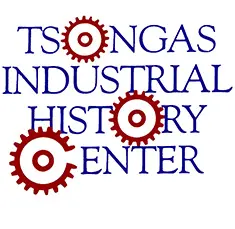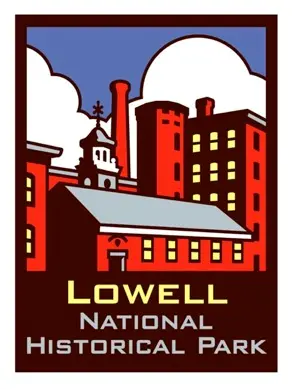Grades 4-12
Description:
Bale to Bolt meets new Massachusetts 5th-grade standards on the role of industry in the early Republic, and United States History 1 standards about economic growth and interdependence between the North and South.
Weave on hand looms, examine cotton and a cotton gin, visit an 1840s boardinghouse, and analyze how technological changes of the Industrial Revolution affected life and work for Americans - enslaved and free.
Students:
- Weave their own cloth on handlooms to understand better the time-consuming process of producing cloth by hand.
- Use primary source quotes and historical artifacts to compare the experiences of workers in the 19th-century industrial North and agricultural South, and then contrast those experiences with those of international workers today.
- Inspect a cotton gin and power loom to identify how changes in technology affected work on plantations and in factories.
- Explore the boardinghouse to find out how Lowell’s “mill girls” spent their leisure time and what their “home” life was like.
We have many resources to help prepare your students for their visit, and extend learning afterwards.
All of our programs have been reviewed to ensure their relevance to state and national standards.
Program details:
- Field Trip Fee: $225 per group
- Group Size: Up to 30 students per group.
- Chaperones: We require a minimum of two (2) adults per group – with a ratio of one (1) adult for every ten (10) students.
- Each group should include a teacher, one or two chaperones, plus any additional staff (aides, nurses, etc.) your group requires.
- Maximum of six (6) adults per group.
Programs can be reserved for your class by calling us at 978-970-5080.


